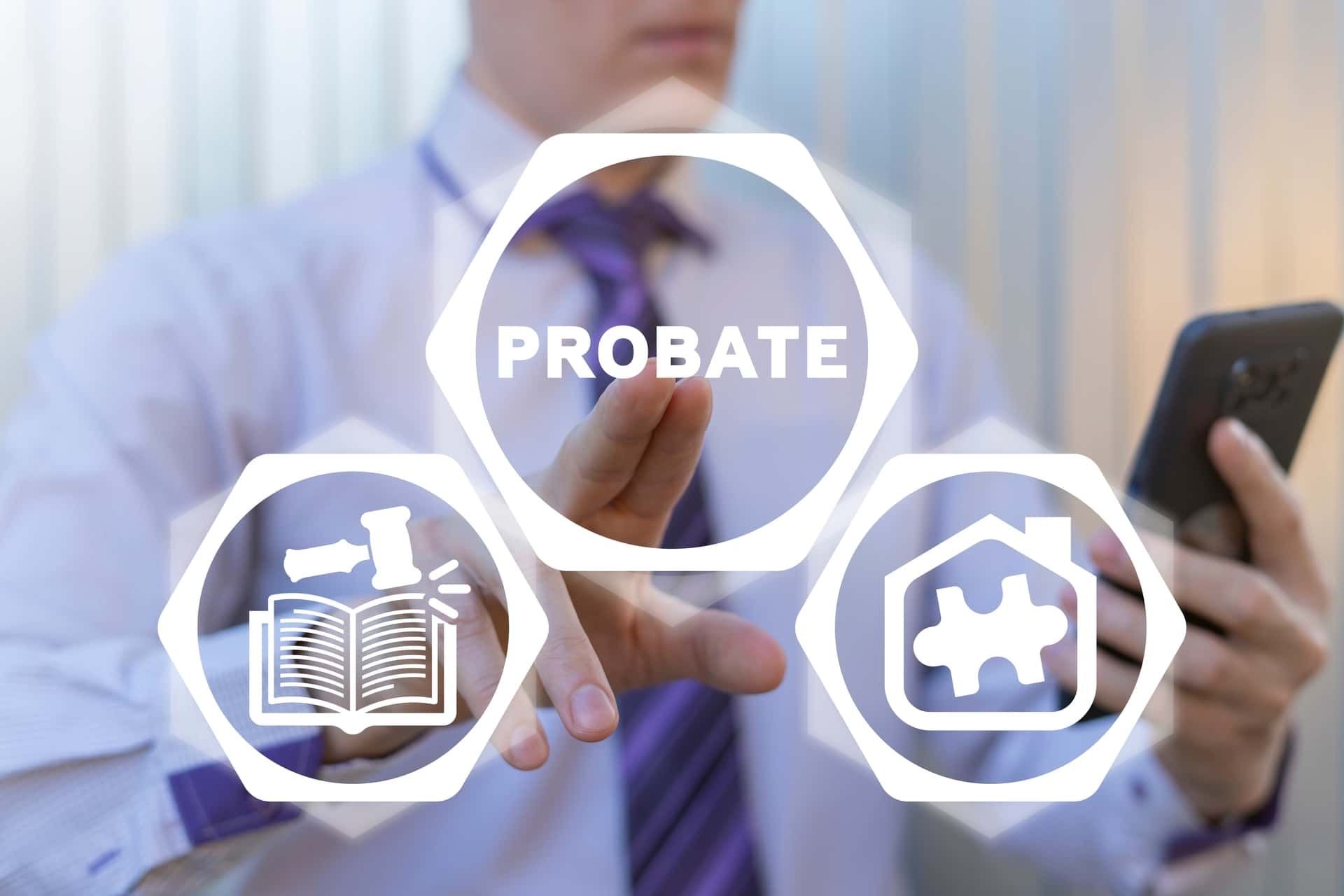Power Of Attorney Explained - Can Power Of Attorney Be Changed Without Consent?
For individuals who want to make arrangements for a scenario in which they can’t manage their affairs, a power of attorney is the most powerful estate planning tool available. However, the unexpected can always happen, and it’s not outside the scope of possibilities for a loved one to become incapacitated before they get the chance to create a power of attorney.
What happens then? Can you get it without consent from your loved one?
Sadly, no. The principal (the person creating the document) must make a power of attorney when they’re considered mentally competent.
In today’s post, we’ll explain the basic information regarding this estate planning tool. We’ll also answer whether you can get power of attorney and can power of attorney be changed without consent from the principal.
What is Power of Attorney?
A power of attorney is a legal document in which the principal grants an individual (attorney-in-fact or an agent) legal authority to act on their behalf. Depending on the type and purpose (more on that in a few seconds), these legal documents can provide an agent with limited or broad legal powers.
As its creator, the principal can modify or revoke a power of attorney at any time as long as they’re mentally competent. In addition, they can also make their own decisions.
To put it differently, power of attorney authorizes the agent to make binding decisions, but it doesn’t prevent the principal from acting on their own accord as long as they are of sound mind.
Scope of Legal Authority
The scope of authority of a power of attorney depends on the type, which can be either:
- General power of attorney
- Specific power of attorney
The general one is relatively straightforward. It grants broad authority to the attorney-in-fact and allows them to make financial and medical decisions for the principal.
On the other hand, the specific type only authorizes the agent to act in specific circumstances, making their legal power much more limited. Good examples of this are medical and financial powers of attorney.
With a medical or health care power of attorney, the agent has the authority to make medical decisions on behalf of the principal if the latter can’t do so themselves. A financial power of attorney authorizes the agent to make decisions and handle financial matters such as managing bank accounts, paying the bills, and making other financial decisions for the principal.
It can get even more specific. For instance, you can authorize the agent to only file taxes or execute simple financial transactions.
How Long Does a Power of Attorney Stay Valid?
You can also make a distinction between types of power of attorney according to how long they stay in effect (or when they become effective):
- Durable power of attorney
With a durable power of attorney, the agent’s authority goes into effect upon creation and continues when the principal becomes incapacitated. This is by far the most often-used type in Florida.
- Non-durable power of attorney
Non-durable power of attorney ends when the principal is incapacitated. As such, it’s useless for state planning- Rather, most people use it when they hire a stock broker as it provides said professional the authority to handle the principal’s day-to-day investments.
- Springing power of attorney
Both non-durable and durable power of attorney documents are effective immediately. In contrast, springing power of attorney goes into effect when a specific condition is met - typically incapacitation, at least regarding estate planning.
Put another way, the agent has no legal authority until an event specified in the documents occurs.
Can You Obtain Power of Attorney Without Consent?
Negative.
The key word here is consent. If the principal is not considered competent, they’re unable to make any decisions, including authorizing you to make decisions on their behalf. Since power of attorney is voluntary by design, it can only be created by the principal when they’re of sound mind.
So, if you can’t legally obtain a power of attorney without the principal’s consent, what are your options if your loved one can no longer manage their affairs?
In that case, your only option is petitioning a court to create a conservatorship or guardianship. These arrangements are similar to a power of attorney because they provide you with the authority to make decisions on someone else’s behalf.
Still, they’re not without their flaws.
For starters, they aren’t voluntary. Second, you need to request a court to appoint you as your loved one’s guardian, which is often a slow process that’s more expensive than a power of attorney - completely unacceptable in time-sensitive matters.
Can Power of Attorney be Changed Without Consent?
Depending on the circumstances, you may not be happy with some terms in your loved one's power of attorney documents. Thus, you may wonder can power of attorney be changed without consent.
Similar to the previous point, doing this is impossible.
The principal has the authority to revoke or modify a power of attorney (even replace the agent) whenever they please while they’re legally competent.
If you’re an agent, you can’t modify the power of attorney without getting consent from the principal.
Plan for Your Future With the Law Offices Of Mary E. King
The ability to assign a person to handle your affairs is a great way to ensure your and your family’s interests are protected. Guardianships and conservatorships are have their uses, but they also add to the complexity of the matter. Moreover, they also wrestle the control away from you and your family at a challenging time.
Plan for your future with the help of expert
estate planning attorneys at
the Law Offices Of Mary E. King. We’ll help you create an estate plan that can accommodate you in even the worst scenarios. Due to our decades of experience, we can also assist you in exploring different avenues that will help your family preserve your assets, no matter what happens.
If you have any questions about creating a power of attorney, reach us at 941-906-7585 or fill out our contact form.
Note:
The information in this blog post is for reference only and not legal advice. As such, you should not make legal decisions based on the information in this blog post. Moreover, there is no lawyer-client relationship resulting from this blog post, nor should any such relationship be implied. If you need legal counsel, please consult a lawyer licensed to practice in your jurisdiction.
Disclaimer: The information on this website and blog is for general informational purposes only and is not professional advice. We make no guarantees of accuracy or completeness. We disclaim all liability for errors, omissions, or reliance on this content. Always consult a qualified professional for specific guidance.
RECENT POSTS
CONTACT US






